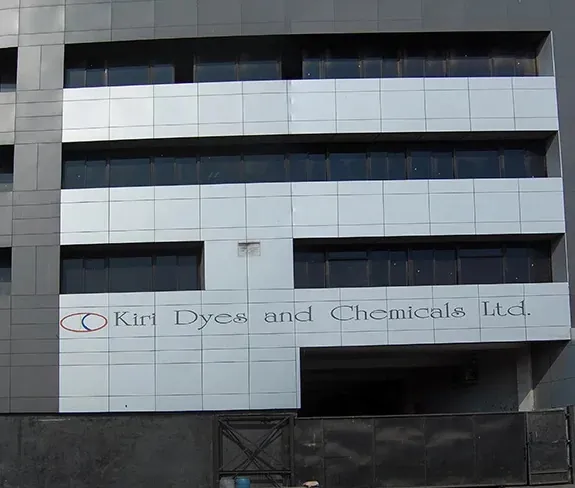How Did Kiri Industries' Net Loss Widen to Rs 85 Crore in Q4?

Synopsis
Key Takeaways
- Kiri Industries' net loss has widened significantly this quarter.
- Revenue has decreased by 6.5 percent year-over-year.
- The company is set to sell a major stake in DyStar for over $676 million.
- This sale could change Kiri's financial landscape.
- Shares fell on BSE, indicating investor concern.
Mumbai, June 1 (NationPress) Kiri Industries Limited, a manufacturer in the dyes and chemicals sector, has revealed that it incurred a net loss of Rs 84.6 crore during the fourth quarter of fiscal year 2025 (Q4 FY25). This figure significantly exceeds the Rs 9.6 crore loss recorded in the corresponding quarter of the previous fiscal year (Q4 FY24).
Additionally, the company's revenue experienced a decline of 6.5 percent, dropping to Rs 205 crore in the last quarter of FY25, compared to Rs 219.3 crore a year prior, as per its filing with the stock exchange.
In spite of these disappointing financial results, Kiri Industries made a noteworthy announcement alongside its earnings report.
The company has finalized a Share Purchase Agreement (SPA) with Zhejiang Longsheng Group to divest its entire 37.57 percent stake in DyStar, a leading global player in the dyes and chemicals market.
The base sale price is set at $676.26 million, approximately Rs 5,765 crore at current exchange rates.
This transaction is significant as the sale value surpasses Kiri Industries’ current market capitalization, which is around Rs 3,800 crore.
Under the agreement, Zhejiang Longsheng Group will acquire 26.23 lakh equity shares held by Kiri Industries in DyStar.
Additionally, Kiri Industries could receive an extra $20.29 million contingent upon any shortfall in the base sale amount or if further obligations arise from the buyer.
However, the final transaction amount may fluctuate based on specific conditions, as noted in the company's regulatory filing.
This deal remains subject to regulatory approvals and other necessary formalities. Upon completion, this sale could provide a substantial cash influx for Kiri Industries and potentially alter its business trajectory.
In the meantime, shares of Kiri Industries fell by 9.43 percent to Rs 658 on the Bombay Stock Exchange (BSE).
Kiri Industries Limited (KIL) is an Indian enterprise engaged in the production and export of dyes, dye intermediates, and basic chemicals.
As a fully integrated producer in the dyes and chemicals sector, KIL operates a diverse array of facilities. The company is also listed on both the Bombay Stock Exchange (BSE) and the National Stock Exchange (NSE).








